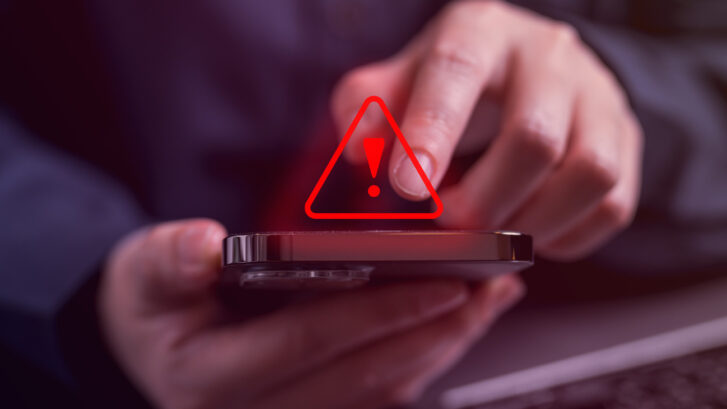Anyone with a phone knows that spam calls have become more than just a nuisance; they’re a hourly interruption. From robocalls pushing scams to telemarketers disturbing your peace, the need to block these unwanted calls has never been more critical. This guide will walk you through the steps to safeguard your phone and maintain your sanity.
Understanding Spam Calls
Before diving into solutions, it’s essential to understand what we’re up against. Spam calls are unsolicited calls often made by automated systems, known as robocalls, to deliver a pre-recorded message. The purposes vary from legitimate telemarketing to fraudulent schemes aiming to deceive you.
Types of Spam Calls
Spam calls can range from harmless, annoying telemarketing calls from your health provider to dangerous phishing attempts from fraudulent actors. Knowing the type of spam calls can help you better prepare for blocking them.
Why Blocking Spam Calls is Important
Blocking spam calls is not just about avoiding annoyance; it’s about protecting your privacy and personal information from scammers. It also helps in maintaining your peace of mind and keeping your phone line clear for important calls.
How to Identify Spam Calls
Many smartphones now have built-in features that identify incoming calls as potential spam, warning you before you answer. Caller ID apps can also provide this functionality, offering more detailed information about the nature of the call.
Find out who is calling you
Using Built-in Phone Features
Most modern smartphones come with options to block numbers or mark them as spam. Explore your phone’s call settings to find these features and use them to your advantage.
Registering on Do Not Call Lists
One of the first steps in combating spam calls is to register your number with national Do Not Call lists. This move should theoretically reduce the number of telemarketing calls you receive.
Utilizing Third-Party Apps
Several apps are designed to block spam calls, offering various features from automatic number blocking to caller identification. It’s crucial to choose one that respects your privacy and meets your needs.
Choosing the Right App for You
Consider the app’s reputation, user reviews, and the permissions it requires on your phone. The best app for blocking spam calls is one that balances functionality with privacy.
Blocking Numbers Manually
If you receive a spam call from a specific number, you can block it manually through your phone’s call settings. This method is straightforward but requires you to keep updating your block list.
Protecting Your Number from Scammers
The best defense is a good offense. Be mindful of where and to whom you give your phone number. The less it’s out there, the fewer spam calls you’ll receive.
Avoid Sharing Your Number Unnecessarily
Think twice before entering your phone number on websites, forms, or social media. Scammers often scrape public data to find potential targets.
Be Cautious with Online Forms
When filling out online forms, check the website’s privacy policy to see how your information will be used. Opt-out of any unnecessary communications.
Tips for Dealing with Spam Calls
When you do receive a spam call, knowing how to handle it can minimize the risk and annoyance. Here are a few tips:
- Never Share Personal Information: If you answer a call and it sounds like a phishing attempt, hang up immediately. Never divulge personal details or financial information.
- Hang Up Immediately: Engaging with spam callers can lead to more spam calls. If you recognize a call as spam, hang up without saying anything.
- Report Spam Calls: Reporting spam calls to the appropriate authorities or your phone carrier can help combat the broader issue.
Conclusion
Blocking spam calls is an ongoing battle, but with the right tools and practices, you can significantly reduce the number of unwanted calls you receive. Stay vigilant, use technology to your advantage, and protect your privacy at all costs.
FAQs About Blocking Spam Calls
Can I block all unknown numbers?
- Yes, some phones and third-party apps allow you to block calls from numbers not in your contacts.
Are there any legal ways to stop spam calls?
- Registering your number on the Do Not Call list is a legal step you can take. Additionally, reporting violators can lead to legal action against persistent spammers.
How do I know if a call is spam?
- Many smartphones and caller ID apps will label suspicious calls as spam or possible scam.
What should I do if I accidentally give personal information to a spam caller?
- If you’ve shared personal information, monitor your accounts closely for any unusual activity and consider reporting the incident to the authorities.
Can blocking spam calls lead to missing important calls?
- If you use a block-all-unknown-numbers approach, there’s a risk. However, most call-blocking apps have whitelisting features that allow you to receive calls from important numbers.





